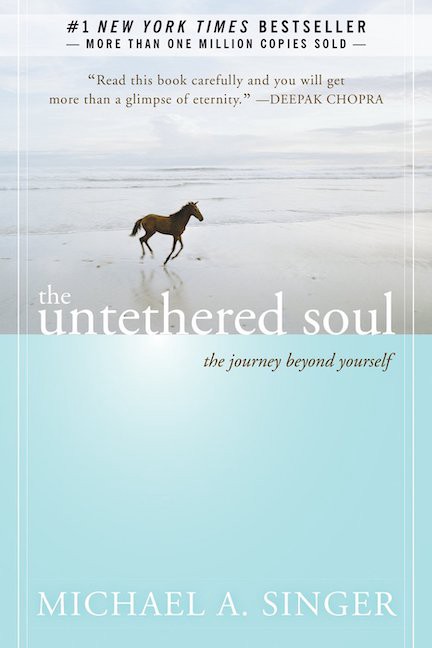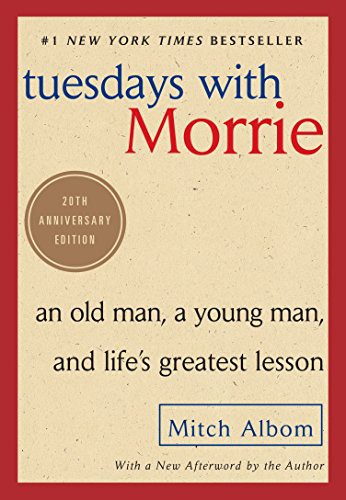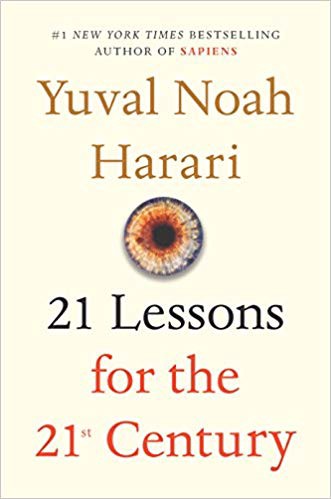
A personal goal of mine is to further develop my reading abilities. I read mostly on Kindle despite my love for physical books. The pressure of picking a single book to take with me to a coffee shop or on a vacation is overwhelming and taking more than one is bad for my back! A benefit of the Kindle is my ability to easily access and share highlights. Inspired by my friend Arteen and his stream of consciousness reviews as well as Bill Gates’ terrific Gates Notes, I’ve created this forum to share my ‘reviews’ in case these could be helpful for others. These will largely include my thoughts on the book, other potential content that I found relevant to the reading (podcasts, YouTube, articles and the like), and my Kindle highlights. My goal is to create a forcing function to drive my personal engagement with the author and the content, and serve as a launching point for other readers to discover books, authors and topics to engage with.
I’ll keep this page update with links to various reviews as I go through books. Feedback on reviews and reading recommendations are always appreciated!
Annual Reading:
My Year in Books: 2024
My Year in Books: 2023
My Year in Books: 2022
My Year in Books: 2021
My Year in Books: 2020
My Year in Books: 2019
Taps’ Notes:
Quick review: There are books, without the requisite life experience, enough life lived, that will simply not resonate. I recently read Meditations by Marcus Aurelius on the recommendation of (more than) a few friends. Had I encountered this collection of personal essays earlier in life, I would have almost certainly failed to grapple with its weight.
Quick review: My introduction to James Baldwin was I Am Not Your Negro, a 2016 documentary and accompanying book. Both are based on 30 pages of James Baldwin's notes intended to be the foundation for a book exploring the history of racism in the United States, a book he never wrote. The documentary is a beautiful, eye-opening work that pulls from Baldwin's words, supplementing his pages with videos, images, and interviews from his life. It is a culmination of his life's work, thoughts formed over 50+ years, in their most distilled and simple form. While written almost 40 years ago, the questions he asks, the lessons he imparts, are especially relevant today.
I read Talking to Strangers by Malcolm Gladwell and reviewed it as part of my ongoing series.
Quick review: I’ll happily admit to enjoying Malcolm Gladwell’s work. For all the criticism about how his work isn’t peer-reviewed, how he misuses other people’s data and often misinterprets complex concepts, the man is definitely entertaining. Unlike his previous books, however, in Talking to Strangers Gladwell doesn’t really have a broad thesis he tries to prove with examples. Instead, he talks about one overarching theme: why aren’t we good at understanding people?
I read Becoming by Michelle Obama and reviewed it as part of my ongoing series.
Quick review: I read this book on the recommendation of a close friend. Autobiographies have a tendency to be hit or miss. Going into this one I was skeptical. Michelle Obama, for all the amazing things she has accomplished in her career and as First Lady, has largely remained private about her history and family, especially as compared to her husband. After this read it’s clear: Becoming is her coming out party.
I read The Untethered Soul: Journey Beyond Yourself by Michael Singer and reviewed it as part of my ongoing series.
Quick review: If I had to summarize what The Untethered Soul offered me in a short phrase, it would be an alternative approach. In it, Michael Singer (who also wrote The Surrender Experiment) outlines the importance of coming to terms with the self, what understanding “You are not the thinking mind; you are aware of the thinking mind” unlocks for the individual, and his approach to looking inward.
I read Tuesdays with Morrie: An Old Man, a Young Man, and Life’s Greatest Lesson by Mitch Albom and reviewed it as part of my ongoing series.
Quick review: I read this book on the recommendation of a close friend and it has joined my ranks of must reads. A moving story of love, life and gratitude, it features sociology professor, Morrie Schwartz, his one time student at Brandeis University, Mitch Albom, and Morrie’s life post being diagnosed with ALS.
I read The War of Art by Steven Pressfield and reviewed it as part of my ongoing series.
Quick review: Steven Pressfield is a prolific author (The Legend of Baggar Vance was his debut novel) and speaker, but his true passion is fighting the Resistance. Or at least that’s what he calls the force in life that prevents each person from following and finding their creative genius. The War of Art is Pressfield’s call to arms, his way of helping people overcome their fear of the empty page, the false weight of the blank whiteboard, and simply create.
I read Powerful: Building a Culture of Freedom and Responsibility by Patty McCord and reviewed it as part of my ongoing series.
Quick review: Patty McCord is the former Chief Talent Officer at Netflix and co-creator of the famous Netflix culture deck. If the deck is the ‘what’ of Netflix’s high performing culture, this book serves as the ‘how’ and ‘why’. It’s a relatively quick read and offers some unique suggestions on developing and maintaining strong corporate cultures at fast growing companies. I was struck by how counter some of the suggestions were to the norms that exist in companies today.
I read by Never Split the Difference: Negotiating As If Your Life Depended On It by Chris Voss and reviewed it as part of my ongoing series.
Quick review: This is one of the better ‘business’ books I have read thanks to fascinating stories, a counterintuitive message and immediately useful and actionable suggestions. The author, Chris Voss, was an FBI negotiator dealing with negotiations most of us are unlikely to ever encounter: hostage situations. In a very easy and surprisingly captivating read (it is a book on negotiation after all) he instructs on a negotiation strategy that most people don’t usually consider: getting everything you want.
I read 21 Lessons for the 21st Century by Yuval Noah Harari and reviewed it as part of my ongoing series.
Quick review: I thoroughly enjoyed 21 Lessons, more a collection of meditations than a single tome. The book follows Harari’s two bestsellers, Sapiens and Homo Deus, in which he as a historian and philosopher explores how mankind came to be and where humanity is going. Both great reads in their own right, neither of the previous two books explore the challenges we face in the present age. 21 Lessons is focused squarely on the major themes and current affairs of today and, unlike previous works, Harari intends this book to me more of a conversation with the aim to “stimulate further thinking, and help readers participate in some of the major conversations of [the] time.”
I read AI Superpowers: China, Silicon Valley and the New World Order by Kai-Fu Lee and reviewed it as part of my ongoing review series.
Quick review: This book by Dr. Kai Fu Lee touched on a lot of themes I have been reading about for some time: artificial intelligence, China’s economic and technological rise and the similarities and differences between the US and China’s startup environment. Dr. Lee is certainly well versed in these subjects considering his background, having developed the world’s first speaker-independent, continuous speech recognition system as his Ph.D. thesis at Carnegie Mellon, where he then went on to become an executive at Apple, SGI, Microsoft and then led Google’s efforts in China. He now, among other things, runs Sinovation Ventures, a venture firm that invests in both the US and Chinese market. Overall I thought the book was quite an informative read (albeit at times came a tad self-serving and effusive in his praise for the Chinese market).











Quick review: Warfighting is insightful and packed full of wisdom, entirely devoid of fluff, and very much to the point (as one would expect from the military). It was striking how much of the book and its truths apply to warfare, but more broadly to business, investing, and life.